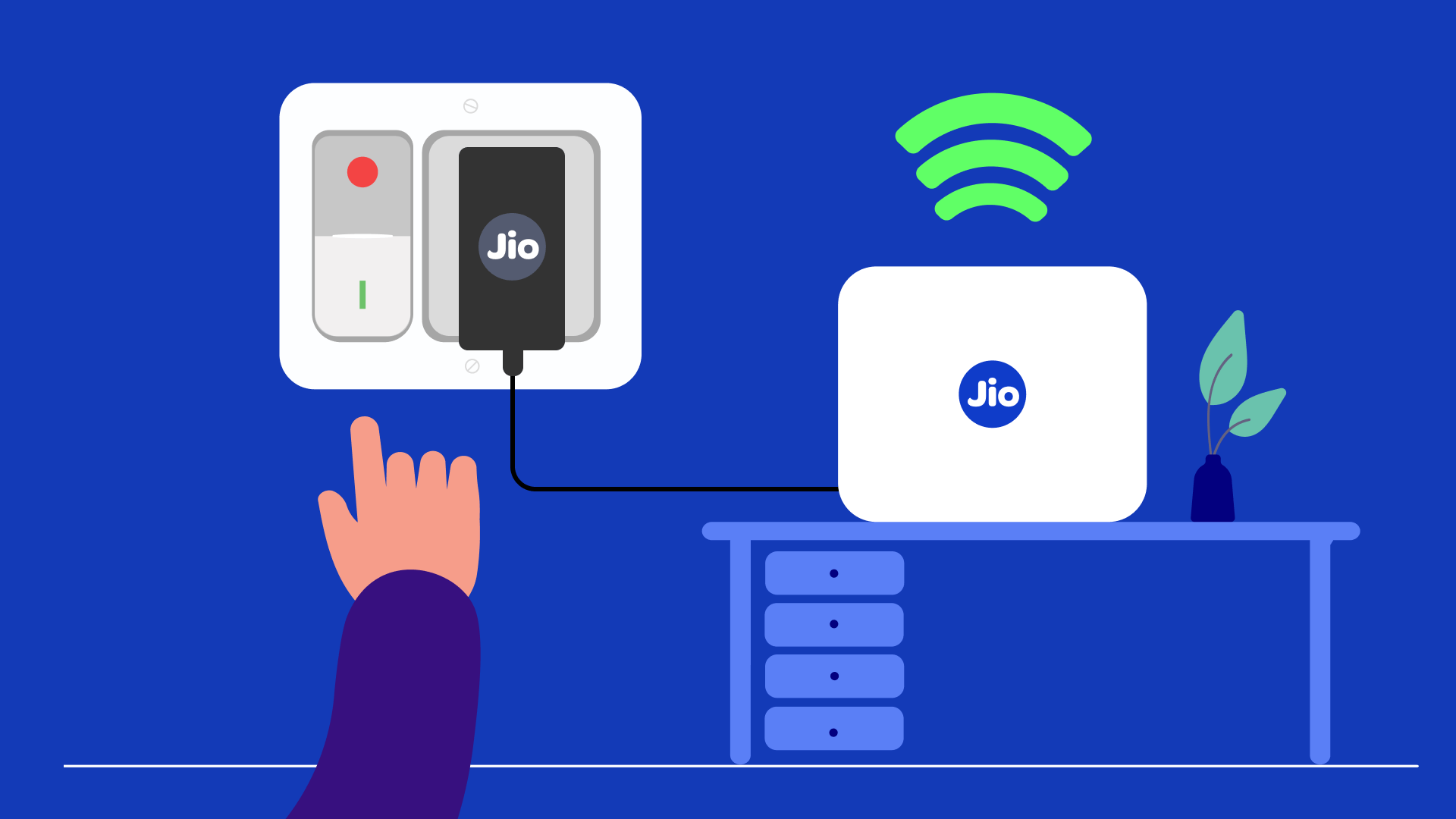If you rely on a CPAP machine for your sleep therapy, power interruptions can be more than inconvenient—they can directly impact your health. That’s where a UPS for CPAP machine becomes essential. A UPS (Uninterruptible Power Supply) ensures your CPAP continues to function during power outages, keeping your therapy uninterrupted and safe through the night.
In this guide, we’ll help you understand how to choose UPS for your CPAP machine, including key features, compatibility, and backup time. We’ll also explore portable options and provide expert tips to ensure you find the right solution for your needs.
Why You Need a UPS for CPAP Machines
CPAP (Continuous Positive Airway Pressure) devices are vital for individuals with sleep apnea or other breathing disorders. These machines operate continuously throughout the night. A power outage in the middle of your sleep can cause the machine to stop working, which may lead to interrupted sleep or even serious breathing issues.
Having a battery backup for CPAP machine ensures that even during sudden blackouts or travel in areas with unstable electricity, your machine stays functional. A reliable CPAP UPS gives peace of mind and safety, especially for elderly users or people with severe respiratory conditions.
Discover the best ups to buy for your CPAP—ensure safety, comfort, and uninterrupted therapy, tailored to your needs, lifestyle, and environment!
Understanding the Power Needs of Your CPAP Machine
Before you choose a UPS, it's important to understand your CPAP machine's power requirements. Most machines run on 12V or 24V DC, while some may require AC input. Check the label on your machine or the user manual to confirm the voltage and power rating in watts.
Once you know how much power your CPAP uses, you can calculate how long a UPS or portable battery backup can keep it running. For instance, if your CPAP uses 50W and you get a 150Wh UPS, you can expect around 2.5 to 3 hours of backup depending on battery efficiency and settings like humidifier use.
Key Features to Consider in a CPAP UPS
When shopping for the best UPS for CPAP machine, certain features are essential for performance, safety, and comfort. The UPS should support your CPAP’s voltage, ideally with a built-in inverter or DC output for direct compatibility. Look for models with automatic switching that immediately activates backup power when a power cut occurs.
A UPS with pure sine wave output is also beneficial. It delivers clean and stable electricity, which is safer for sensitive medical devices like CPAPs. Additionally, LED indicators, low-battery alarms, and temperature protection are great features to have.
Choosing Between UPS and Portable Battery Backups
There are two popular types of power backups for CPAP users: standard UPS systems and portable battery backups. A UPS is more suitable for home use. It stays plugged into the wall and automatically kicks in when the power goes out. These are good for everyday use, especially in areas with frequent power issues.
On the other hand, portable battery backups are ideal for travel, camping, or places without fixed electricity. They are lightweight, compact, and usually come with multiple ports to charge other devices too. Many portable backups even support solar recharging, adding more flexibility for outdoor users.
Estimating Backup Time Based on Battery Size
Backup duration depends on the UPS battery size (measured in watt-hours or amp-hours) and the power consumption of your CPAP machine. For example, a 300Wh battery can typically power a standard CPAP machine without a humidifier for 6 to 8 hours.
Using the humidifier or heated tube increases the power draw and reduces backup time. If backup time is your top concern, consider turning off additional features or investing in a higher-capacity battery. Modern UPS devices are designed to provide efficient and stable backup for overnight use without requiring large and bulky equipment.
Portability vs. Performance: What Should You Prioritize?
If you’re frequently traveling or living off-grid, portability should be your top priority. Lightweight models with carrying handles, DC inputs, and quick recharge times will be your best companions. But if you’re using the CPAP at home and experiencing frequent or long-duration blackouts, you may want to invest in a high-performance UPS that stays plugged in 24/7 and offers extended battery life.
Understanding your lifestyle helps you strike the right balance between portability and performance while choosing the best CPAP UPS.
Choose the best ups power bank for laptop—ensure safety, uninterrupted power, and convenience, whether at home or on the go!
Installation and Usage Tips
Installing a UPS for your CPAP machine is generally simple. Most units are plug-and-play—just connect your CPAP to the output port and the UPS to your wall outlet. Make sure the UPS you choose has the right connectors or includes adapter tips compatible with your machine.
Charge the UPS fully before first use and test it during the day to ensure everything works properly. It’s also important to store the UPS in a well-ventilated, cool area and charge it regularly if not in constant use. This helps maintain battery health and ensures it performs well during emergencies.
Safety and Compliance Considerations
Always choose a CPAP UPS that meets safety standards like BIS, CE, or RoHS certifications. These ensure that the unit is tested for electrical safety and is safe for use with medical equipment. Avoid using generic or unbranded batteries, as they may not provide consistent output or have proper fail-safes.
Some CPAP manufacturers also offer UPS recommendations or compatible models—check their websites or user manuals to confirm compatibility and ensure warranty compliance.
Ensure uninterrupted CPAP therapy, better sleep & health with a reliable UPS. Stay powered & sleep peacefully, no matter the power conditions!
Shop now at MoerdonStore for premium mobile accessories and football jerseys—enhance your style and stay connected with the best!
Conclusion
Choosing the right UPS for CPAP machine is not just about staying connected during a blackout—it’s about ensuring uninterrupted therapy, better sleep, and overall health protection. With a reliable UPS or portable battery backup in place, you can sleep peacefully knowing that your CPAP will continue working regardless of power conditions.
Whether you’re at home or on the go, the right UPS offers safety, comfort, and uninterrupted therapy night after night. Consider your machine’s power needs, your environment, and your lifestyle to find a power backup that fits perfectly into your routine.




Leave a comment
This site is protected by hCaptcha and the hCaptcha Privacy Policy and Terms of Service apply.